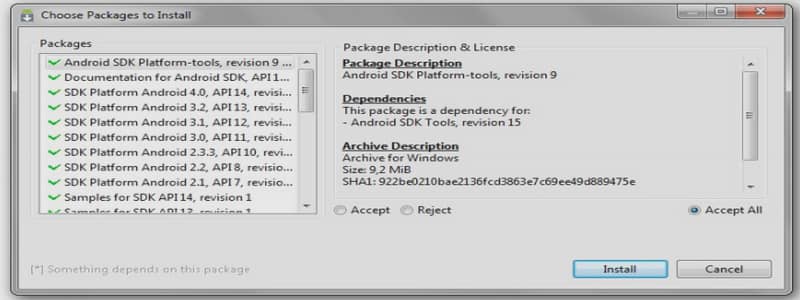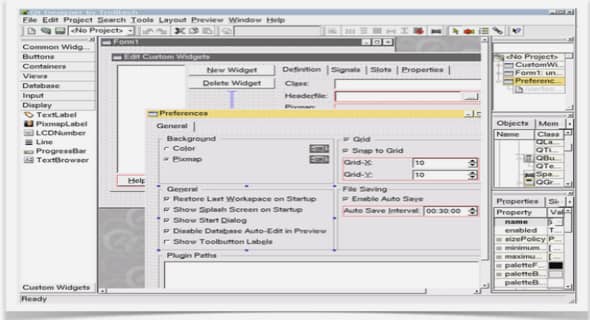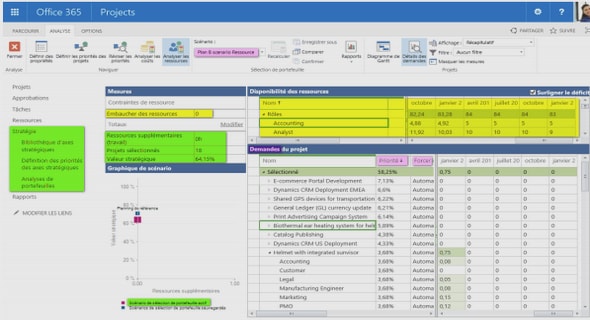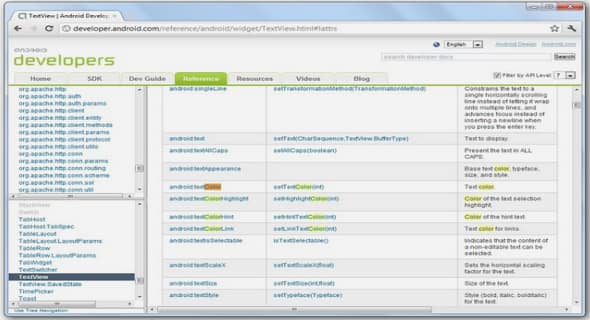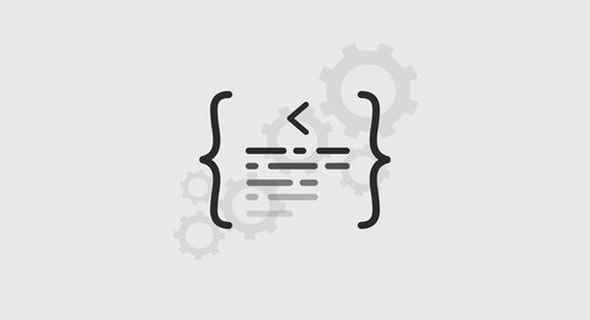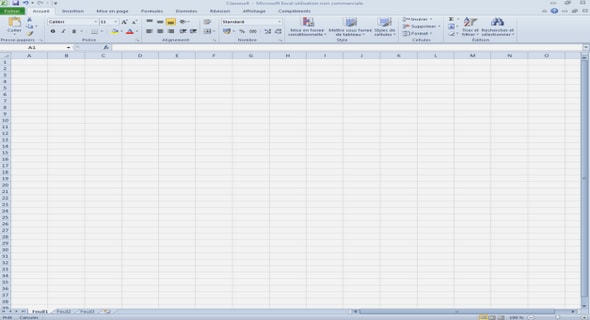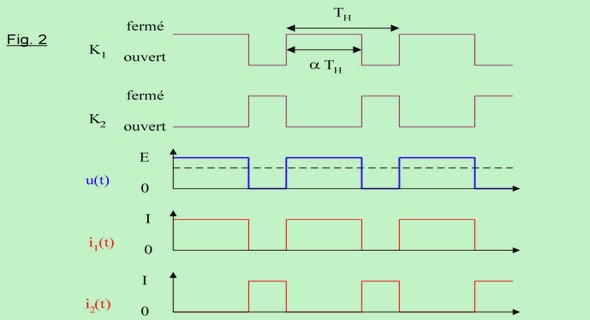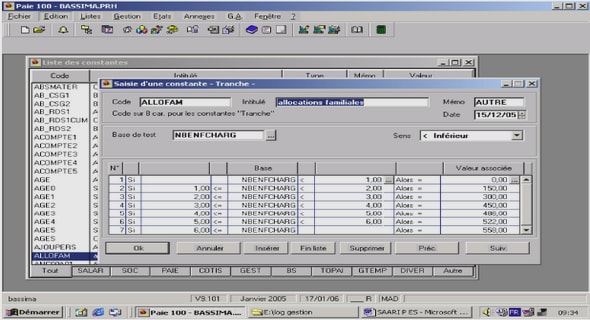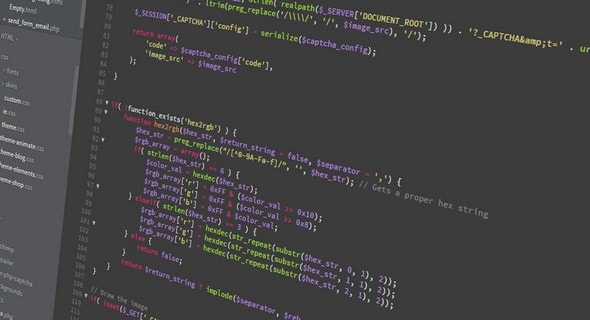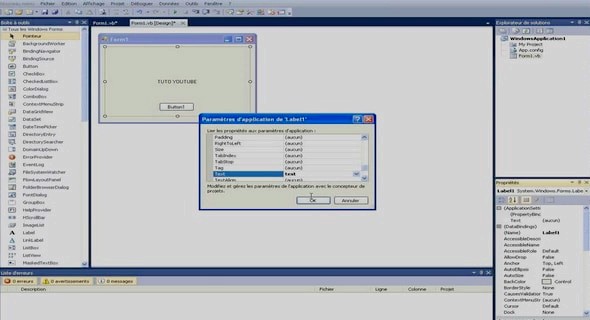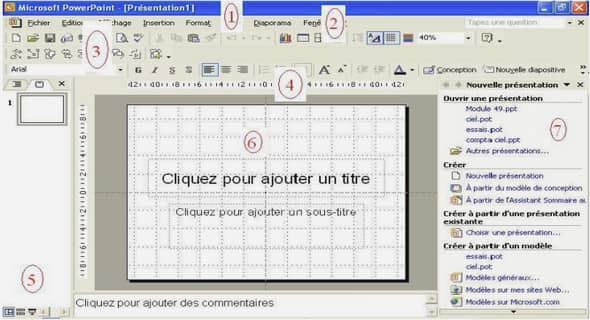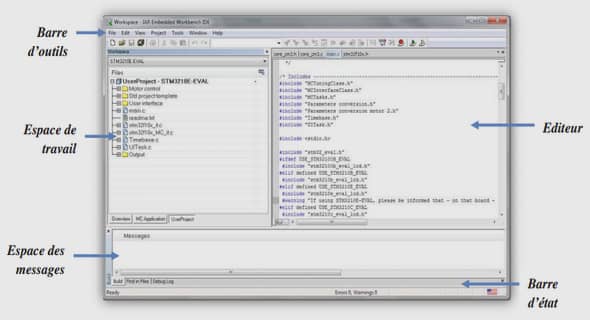1. RAPPELS HISTORIQUES 2. LES FONDAMENTAUX 2.1 ESPACES DE NOMMAGE…
Cours C/C++
Découvrez comment apprendre le langage C et bénéficiez des avantages de la programmation modulaire. Apprenez à écrire et appeler des fonctions en langage C !
Apprendre le langage C
Le langage C++ est l’un des langages de programmation les plus utilisés actuellement. Il est à la fois facile à utiliser et très efficace. Il souffre cependant de la réputation d’être compliqué et illisible. Cette réputation est en partie justifiée. La complexité du langage est inévitable lorsqu’on cherche à avoir beaucoup de fonctionnalités. En revanche, en ce qui concerne la lisibilité des programmes, tout dépend de la bonne volonté du programmeur.
Les caractéristiques du langage C++ en font un langage idéal pour certains types de projets. Il est incontournable dans la réalisation des grands programmes. Les optimisations des compilateurs actuels en font également un langage de prédilection pour ceux qui recherchent les performances. Enfin, ce langage est, avec le C, idéal pour ceux qui doivent assurer la portabilité de leurs programmes au niveau des fichiers sources (pas des exécutables).
Les principaux avantages du C++ sont les suivants :
• grand nombre de fonctionnalités ;
• performances du C ;
• facilité d’utilisation des langages objets ;
• portabilité des fichiers sources ;
• facilité de conversion des programmes C en C++, et, en particulier, possibilité d’utiliser toutes les fonctionnalités du langage C ;
• contrôle d’erreurs accru.
On dispose donc de quasiment tout : puissance, fonctionnalité, portabilité et sûreté. La richesse du contrôle d’erreurs du langage, basé sur un typage très fort, permet de signaler un grand nombre d’erreurs à la compilation. Toutes ces erreurs sont autant d’erreurs que le programme ne fait pas à l’exécution. Le C++ peut donc être considéré comme un « super C ». Le revers de la médaille est que les programmes C ne se compilent pas directement en C++ : il est courant que de simples avertissements en C soient des erreurs blocantes en C++. Quelques adaptations sont donc souvent nécessaires, cependant, celles-ci sont minimes, puisque la syntaxe du C++ est basée sur celle du C. On remarquera que tous les programmes C peuvent être corrigés pour compiler à la fois en C et en langage C++.
Première approche du C/C++
Les commentaires en C++
Les types prédéfinis du C/C++
Notation des valeurs
La définition des variables
Instructions et opérations
Les fonctions
Définition des fonctions
Appel des fonctions
Déclaration des fonctions
Surcharge des fonctions
Fonctions inline
Fonctions statiques
Fonctions prenant un nombre variable de paramètres
La fonction main
Les fonctions d’entrée / sortie de base
Généralités sur les flux d’entrée / sortie en C
La fonction printf
La fonction scanf
Exemple de programme complet
Premiers pas en langage C++ typage, compilation, structure de contrôle
Qu’est ce que le C++ ? Rappels sur la gestion…
Cours langage C exécution des programmes
Execution des programmes Le sens d’un programme est son comportement…
Programmation C déclaration d’une fonction
Cours de Programmation C, tutoriel & guide de travaux pratiques…
Cours gratuit structures de données dynamiques langage C
Formation structures de données dynamiques langage C, tutoriel & guide…
Apprendre en ligne informatique C/C++
I. Le langage C++ 1. Première approche du C/C++ 1.1.…
Programmation structurée en Langage C
Formation programmation structurée en Langage C, tutoriel & guide de…
Programmation C les variables et types fondamentaux
Au sujet des séances de travaux pratiques 1. Présentation du…
Les nombres aléatoires en C
I – Introduction II – Les fonctions du C II-A…
Analyse et complexité d’un algorithme
Rappels de langage C Pointeurs typés Présentation A une variable…
Cours Langage C conception d’un programme
1.Introduction (notion d’algorithme, programme, fonctionnement interne de l’ordinateur, interpréteur de commandes shell,…
Cours Langage C avec exercices
Toutes les pages de ce cours auront la même structure,…
Langage C élément de base, opérateurs et expressions
I – Eléments de base I-A – Structure générale d’un…
Introduction au Langage C, exemple de programmation modulaire
Historique du langage C • 1972: Dennis Ritchie (Bell Labs)…
Introduction au compilateur Visual C++, et au développement logiciel
Formation introduction au compilateur Visual C++, et au développement logiciel,…
Guide création application Windows sous l’environnement Visual C++
Formation création application Windows sous l’environnement Visual C++, tutoriel &…
Formation programmer MySQL avec Visual C++
Formation programmer MySQL avec Visual C++, tutoriel & guide de…
Formation création et utilisation des Dll sous Visual C++
Formation création et utilisation des Dll sous Visual C++, tutoriel…
Le langage C déclaration des variables
Formation langage C déclaration des variables, tutoriel & guide de…
Programmation orienté objet (Notion de classe)
Formation programmation orienté objet (Notion de classe), tutoriel & guide…
Cours et guide de programmation en langage C
I Quelques pieges du langage C I.1 Fautes de frappe…
Formation LANGUAGE C++
Formation LANGUAGE C++, tutoriel & guide de travaux pratiques en…
Les commandes linux de base et introduction au C
Objectif du cours de C -apprendre le langage C -analyser…
Cours langage C les tableaux, fonctions et passages d’adresses
Les tableaux Eléments contigus de même type déclaration: type nom[taille];…
Support de cours informatique le langage C
1 Historique et présentation 1.1 Historique 1.2 Présentation du langage…
